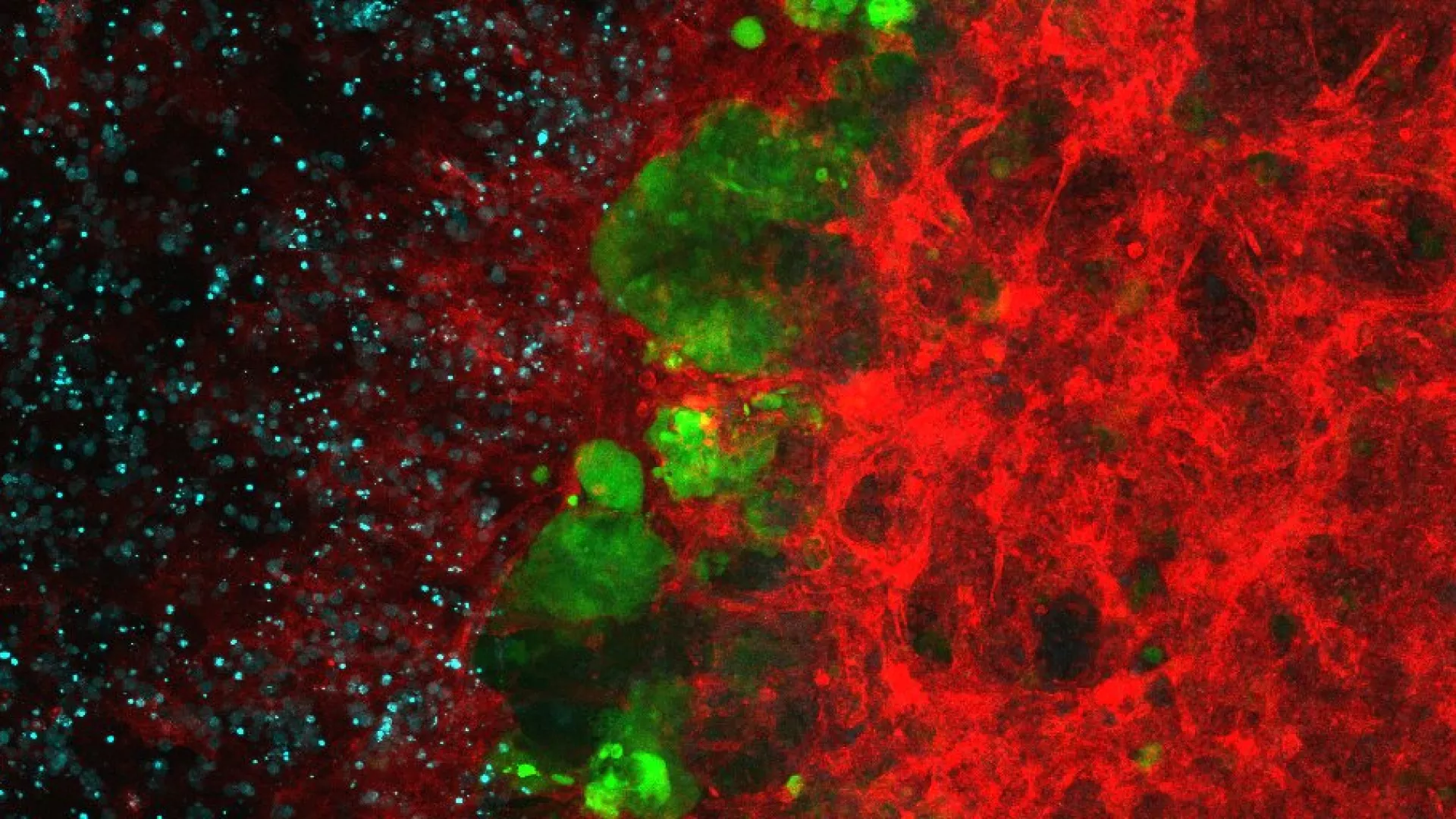
Research information
The decline of the immune system with age, known as immunosenescence, is linked to a reduction in the production of immune cells in the bone marrow and a decrease in the function of mature immune cells. This leads to a scenario where damaged cells are not efficiently cleared from tissues, contributing to tissue problems and chronic inflammation. Immunosenescence is closely tied to compromised mitochondrial health. Mitochondria control immune cell differentiation and function through regulating ATP production, biosynthesis of molecules, gene expression and signalling cascades. Furthermore, mitochondria mediate communication between different components of the cytosol during cellular homeostasis and stress conditions. Amongst the different mechanisms that preserve mitochondrial integrity, the most important are (1) mitochondrial unfolded protein response, (2) attenuation of translation via ISR and (3) mitophagy. Loss of mitochondrial integrity in T cells can trigger a cytokine storm, speeding up metabolic, cognitive, and energy-dependent tissue problems. Nevertheless, the precise cellular mechanisms behind T cell senescence and how T cell subsets contribute to cardiac tissue homeostasis, remains largely unexplored.
Our group aims to describe the role of mitochondrial quality control mechanisms in shaping the transcriptional programmes of adaptive immune cells and how they contribute to cardiac physiopathology and generate novel treatments to preserve vital energy-dependent tissues.
The ‘Mitochondrial Biology and Tissue Regeneration Lab’ is studying the interaction between mitochondrial fitness and intercellular signalling in complex tissues during the ageing process and pathological conditions.
Our basic and clinical research interests are dedicated to addressing the following questions:
- Are specific mitochondrial profiles associated with immune cell subsets involved in the ageing of the tissues?
- How is the inner mitochondrial membrane stress involved in tissue decline of function?
- Is it possible to rejuvenate T cells through metabolic reprogramming via pharmacological or genetic approaches?
- Intercellular Communication and Tissue Physiopathology: We are particularly interested in understanding how the decline of mitochondrial integrity orchestrates the transition to immune senescence, cytokine production, and inflammatory responses in both human and murine experimental models of cardiac tissue physiopathology.
- Mitochondrial Quality Control Mechanisms: Inner mitochondrial membrane stress (IMMS) is a key factor in aging. IMMS happens when various components within the inner mitochondrial membrane get damaged or dysfunctional. While it can be helpful in responding to short-term cellular damage, long-term stress can be harmful. We are exploring what triggers these stress responses and how they impact mitochondrial membrane health.
- Mitochondrial Therapies: Our work in this area aims to reveal innovative strategies for rejuvenating T cells through metabolic reprogramming and employ them to reverse tissue pathology using preclinical models.
"Understanding of the interaction between mitochondrial fitness, immune senescence and intercellular signaling in cardiac health", financed by Fundación La Caixa. Reference: LCF/BQ/PI24/12040005

"Control de calidad mitocondrial en immunosenescencia y salud cardíaca" (CARDIOMITIMM), financiado por MCIN/AEI /10.13039/501100011033 /10.13039/501100011033 y por FEDER, UE. Referencia del proyecto: PID2023-148122OA-I00.

“Understanding mitochondrial genetic signatures: from cancer cell behaviour to tumour microenvironment dynamics” financiado por la II Ayuda de Investigación en Cáncer por la Fundación Domingo Martínez - ASEICA”








